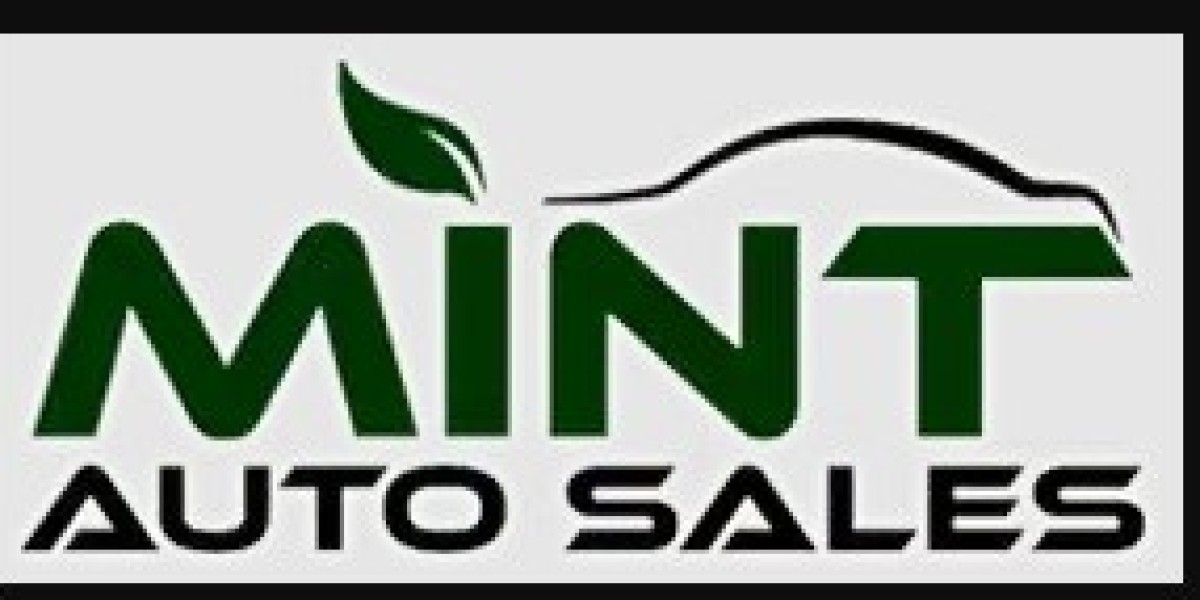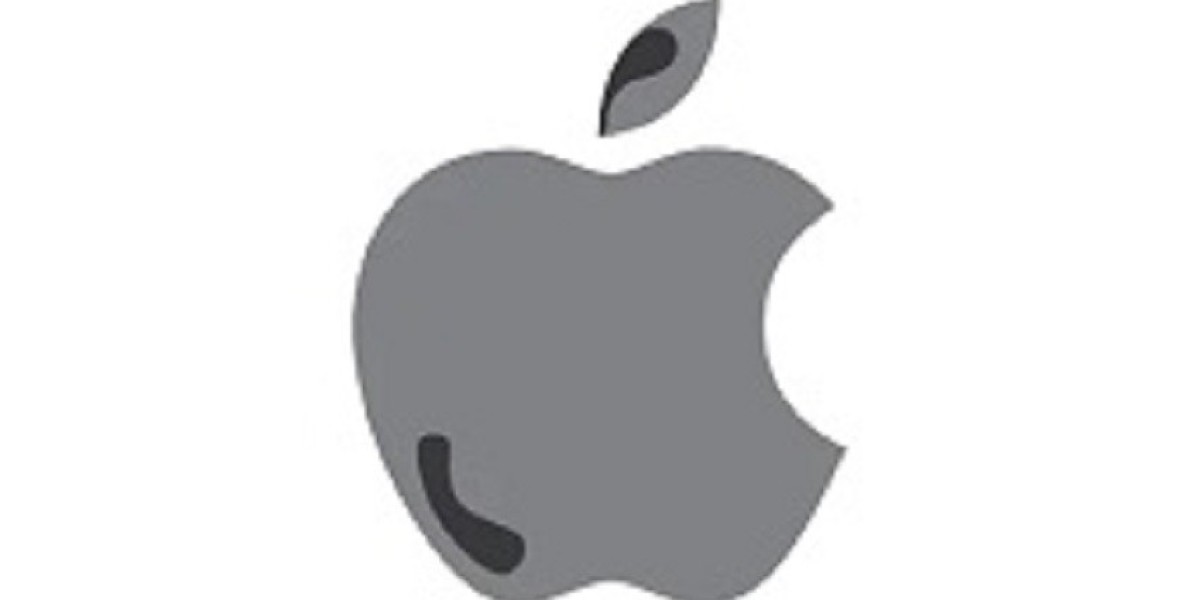Introduction: A Good Product Starts With a Good Seller
Buying health and fitness products online can save time, money, and effort—but it also opens the door to risks you may not notice at first glance. A clean website or attractive price doesn’t guarantee authenticity. In this market, the seller matters just as much as the product itself. If the source isn’t credible, you’re left guessing about quality, purity, and safety. And guessing isn’t an option when it comes to anything you put into your body.
Choosing the right seller requires a closer look at how they operate, what information they provide, and how transparent they are behind the scenes. Here’s how professionals assess credibility—and how you can do the same.
Start With Legitimacy: Real Sellers Don’t Hide
A legitimate online seller behaves like a real business, not a pop-up storefront.
Look for:
- Full contact details (email, phone, physical address)
- A functioning support channel
- A company name you can verify
- A site that explains who operates it
If a seller provides only a contact form with no direct information—or worse, no contact info at all—that’s an immediate warning sign.
A credible seller wants you to know exactly who they are, because they have nothing to hide.
Check for Regulatory Awareness and Compliance
Health and fitness products must meet specific safety standards depending on their type and region. Good sellers openly acknowledge these regulations. They don’t gloss over them. They don’t rely on vague promises like “premium quality” or “pharmaceutical grade” without explaining what that means.
Things to look for:
- Mention of manufacturing rules
- Details on testing and verification
- References to health authority standards
- Certificates or batch numbers when relevant
If you see none of this, assume the seller is either uninformed or intentionally avoiding regulation—neither of which inspires trust.
Inspect Ingredient and Manufacturing Transparency
Quality sellers explain what they sell in clear, simple terms.
This includes:
- Ingredient lists (full, not partial)
- Dosage information
- Sourcing transparency (country or manufacturer)
- Manufacturing practices or quality control details
The more open they are, the better. A seller that avoids listing ingredients or provides incomplete descriptions is not one to rely on.
Transparency isn’t a bonus—it’s a baseline requirement.
Look for Verified Guidance or Third‑Party References
One of the easiest ways to filter out weak sellers is by checking whether trusted sources recommend them. Third‑party review pages, customer feedback, and independent breakdowns help show which sellers consistently meet expectations.
For example, curated lists like https://merieux-partners.com/wp-content/pgs/anavar_for_sale_top_sites_for_trusted_online_purchases.html highlight vendors known for authenticity and reliability. This kind of resource helps you avoid trial‑and‑error shopping, especially with products that must meet strict standards for safety and consistency.
You don’t have to rely on the seller’s own claims—look at what experienced buyers and independent testers say.
Evaluate Payment Safety and Data Protection
A credible seller treats your information with care. That means a secure checkout system—not a random payment link or a request for unusual forms of transfer.
Safe payment indicators include:
- HTTPS protection on checkout pages
- Recognized payment processors (PayPal, Stripe, major cards)
- Clear policies on refunds and replacements
- No forced crypto-only payments
If checkout pages look outdated or lack encryption, stop immediately. The product might not be the only risk—your financial data could be at stake.
Review Shipping Policies and Delivery Expectations
Shipping tells you a lot about how a seller operates. Look for concise, realistic information.
A reliable seller will specify:
- Discreet packaging when appropriate
- Trackable shipping options
- Reasonable delivery estimates
- Steps taken if a package is delayed or lost
Vague promises like “fast delivery worldwide” mean nothing. What you need are concrete timelines, tracking details, and proof that they’ve handled shipping issues before.
If their policies sound like an afterthought, expect unreliable delivery.
Test Customer Support Before You Buy
A simple message can reveal more about a seller than any product page.
Try reaching out with a short question—maybe about ingredient details, delivery times, or a policy clarification. Pay attention to:
- How fast they respond
- Whether the answer is specific or copied from a script
- Whether they sound informed about what they sell
- Whether they acknowledge safety and quality concerns
Good sellers treat customer support as part of the product. Poor sellers treat it as a chore.
Conclusion: A Trustworthy Seller Makes Everything Easier
When you’re buying health and fitness products online, you’re not just buying something—you’re trusting someone. A reliable seller makes that trust easy. They show you who they are, explain what they offer, comply with standards, and stand behind their products. That level of clarity is what protects your health, your money, and your confidence.
Take the time to examine each factor: legitimacy, compliance, transparency, payment safety, shipping policies, and support. When a seller checks all these boxes, you can move forward knowing you’ve made a smart, informed choice.



